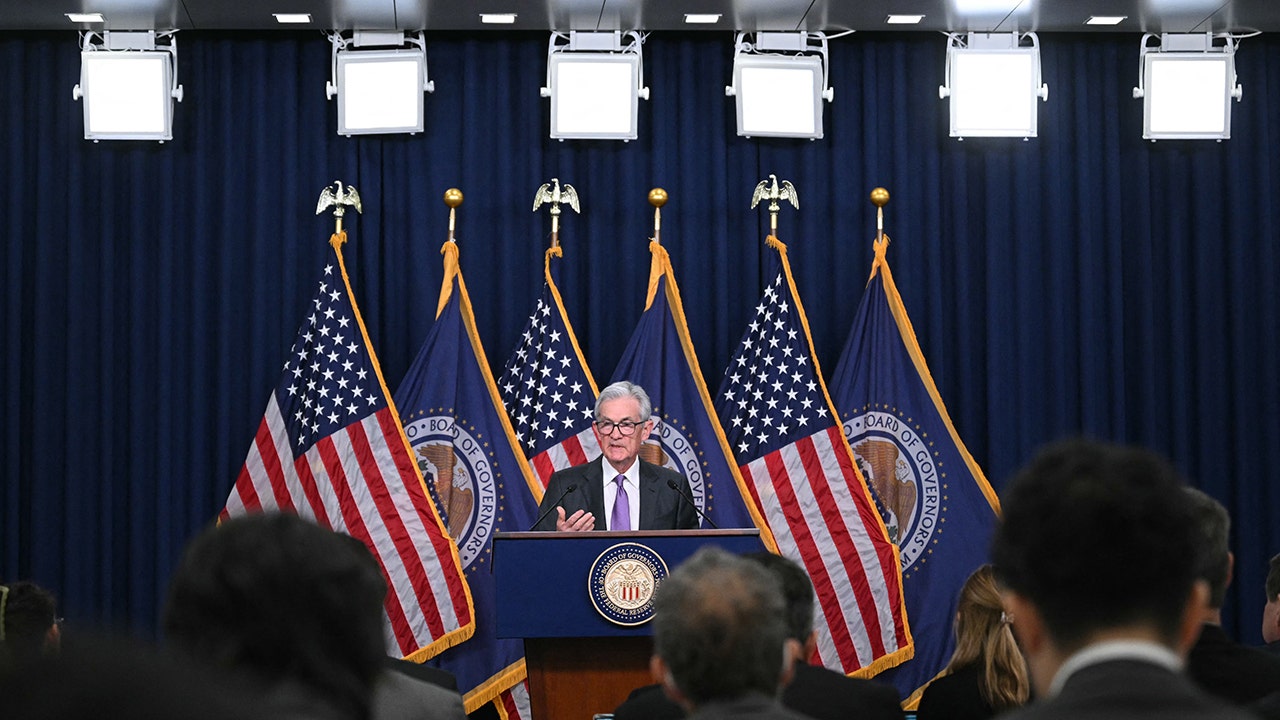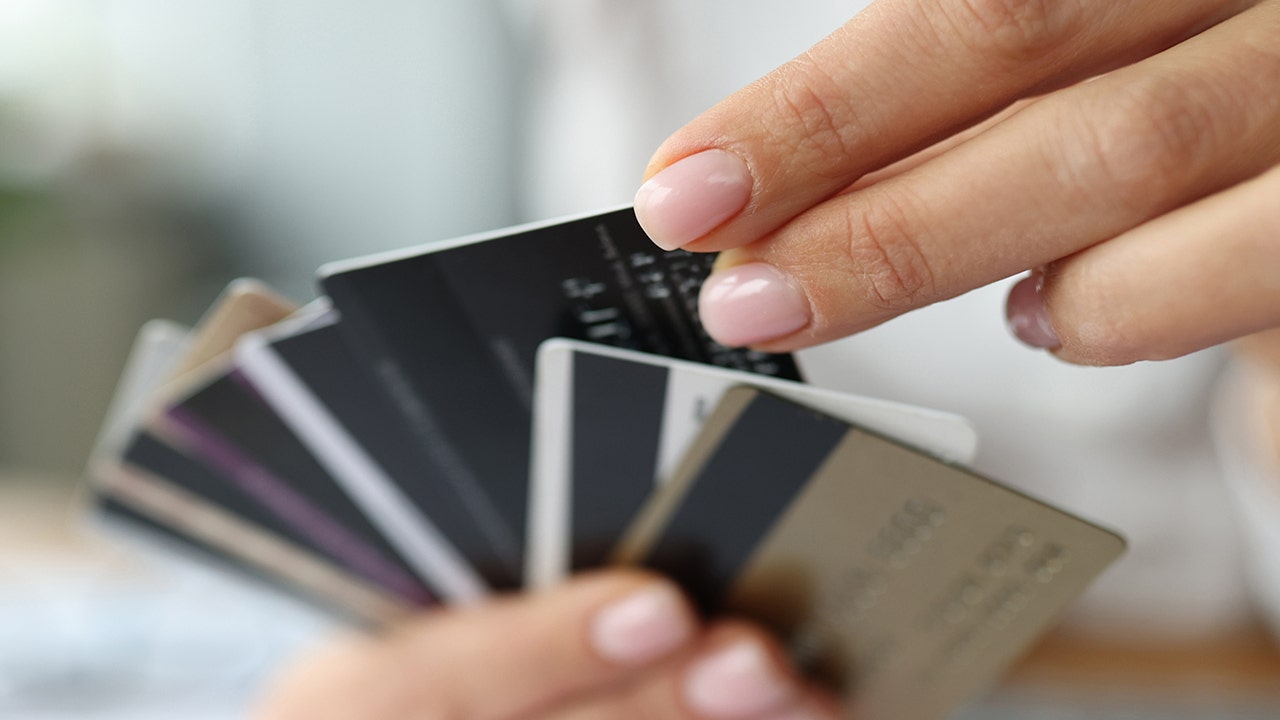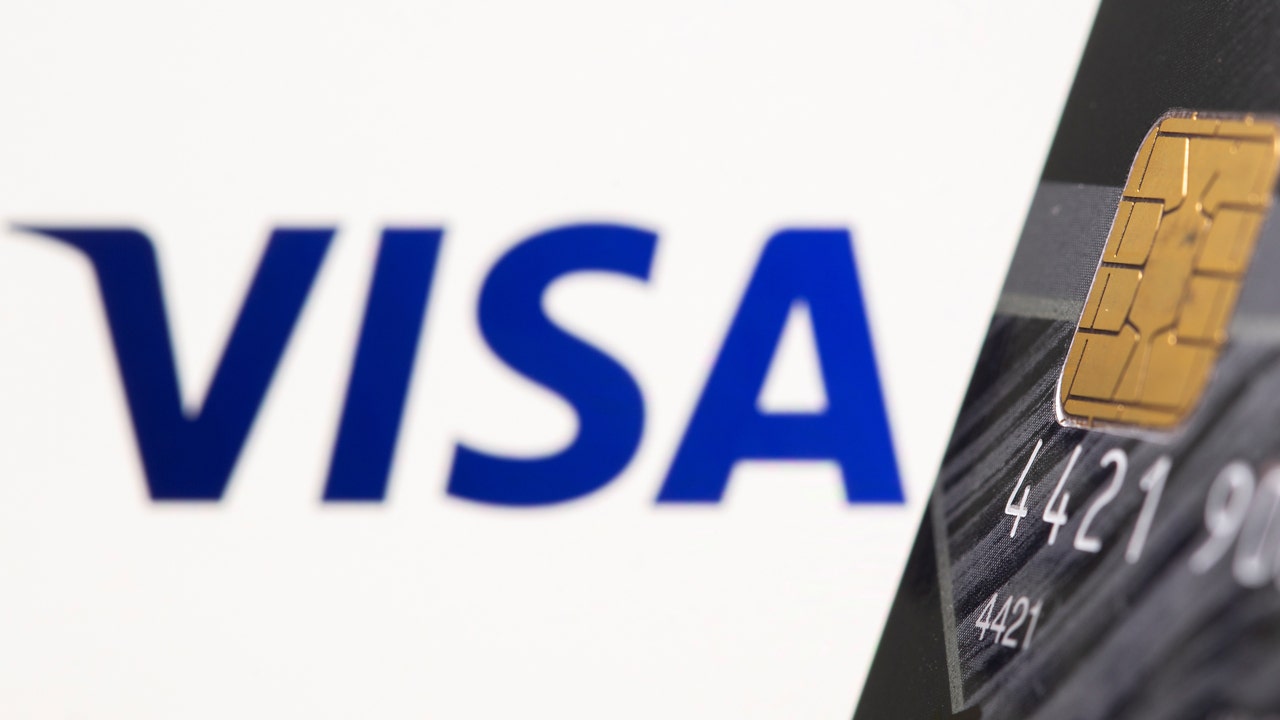The high interest rate environment has done little to dampen the appetite for credit products, a recent TransUnion report said.
The report said that in the first quarter of 2024, when counted together, consumers had more than 543 million bank cards in their wallets, an increase of 20 million year over year and more than 88 million from just three years ago. Not only do more Americans have bank cards, but they are also increasingly using their available credit, with balances growing 2.2% over last year. The average new account credit lines rose 3.8% to $5,628.
Consumers also increasingly accessed cash through unsecured personal loans. Total unsecured personal loan balances grew 9% to $245 billion in the first quarter of 2024.
The growing appetite for borrowing comes even as the Federal Reserve has maintained interest rates at a two-decade high of 5.25% to 5.5%. High interest rates increase the cost of borrowing.
“Consumers’ access to credit has grown significantly in recent years and will provide them with credit to tap into when needed,” Michele Raneri, TransUnion vice president of U.S. research and consulting said. “Many of these consumers are choosing to take advantage of these products that can help them manage their rising monthly household expenses, despite the fact that these products may bring with them interest rates that are higher relative to recent history.
“For these consumers, the short-term pressure of inflation poses a more pressing problem to solve than the potential impact of higher interest rate credit, which includes higher monthly debt service payments,” Raneri continued.
BIDEN WANTS TO GIVE HOMEBUYERS $400 PER MONTH: STATE OF THE UNION
The uptick in credit usage has been followed by an increase in credit cards, mortgage and auto loan delinquencies, the report said. Personal loans, however, have fared better because lenders have shifted to lower-risk borrowers.
“We have seen delinquencies tick up in recent quarters, which is certainly something lenders need to follow closely,” Raneri said. “At the same time, the consumer credit market remains resilient given the compounding of relatively high interest rates and persistent inflation. The prevailing hope is that as long as unemployment figures remain relatively low, serious delinquency rates may stabilize.”
Most Americans regret their spending, especially credit card debt, according to the Debt.com survey. Roughly 78% said they had a financial regret, with 21% saying they most lamented “charging up too much credit card debt.” Millennials regret their credit debt the most, and 45% said they feel guilty about “charging too much on their credit cards.”
Moreover, 49% of the respondents said their regrets about credit card debt are “always on their mind.” More than 1 in 4 (26%) of respondents regret running up balances having $15,000 to $30,000 in credit card debt, and 15% owe $30,000 to $50,000.
Personal loans can offer consumers lower-interest options to refinance high-cost credit card debt. If you’re interested in paying off high-interest debt with a personal loan, you could visit the Credible marketplace to learn more about your options and speak with an expert to get your questions answered.
Read the full article here













